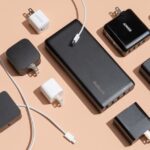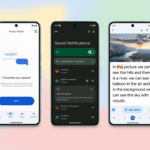People who have difficulty sleeping can benefit from wearing blue-light blocking glasses. To get the best results, consider using a combination of methods: Wear the glasses while using screens, especially in the evening; lower the brightness of your phone and computer screen; and minimize exposure to other artificial sources of blue light before bedtime (such as LED and fluorescent bulbs).
If you’re thinking about using blue-light blocking glasses due to eye strain or headaches, it’s advisable to consult your eye-care provider first, as your eyesight may have changed and a new prescription might be necessary. Your ergonomic setup could also be a contributing factor.
Children should avoid wearing these glasses as their eyes are still developing and they require the blue light found in sunlight to prevent nearsightedness.









